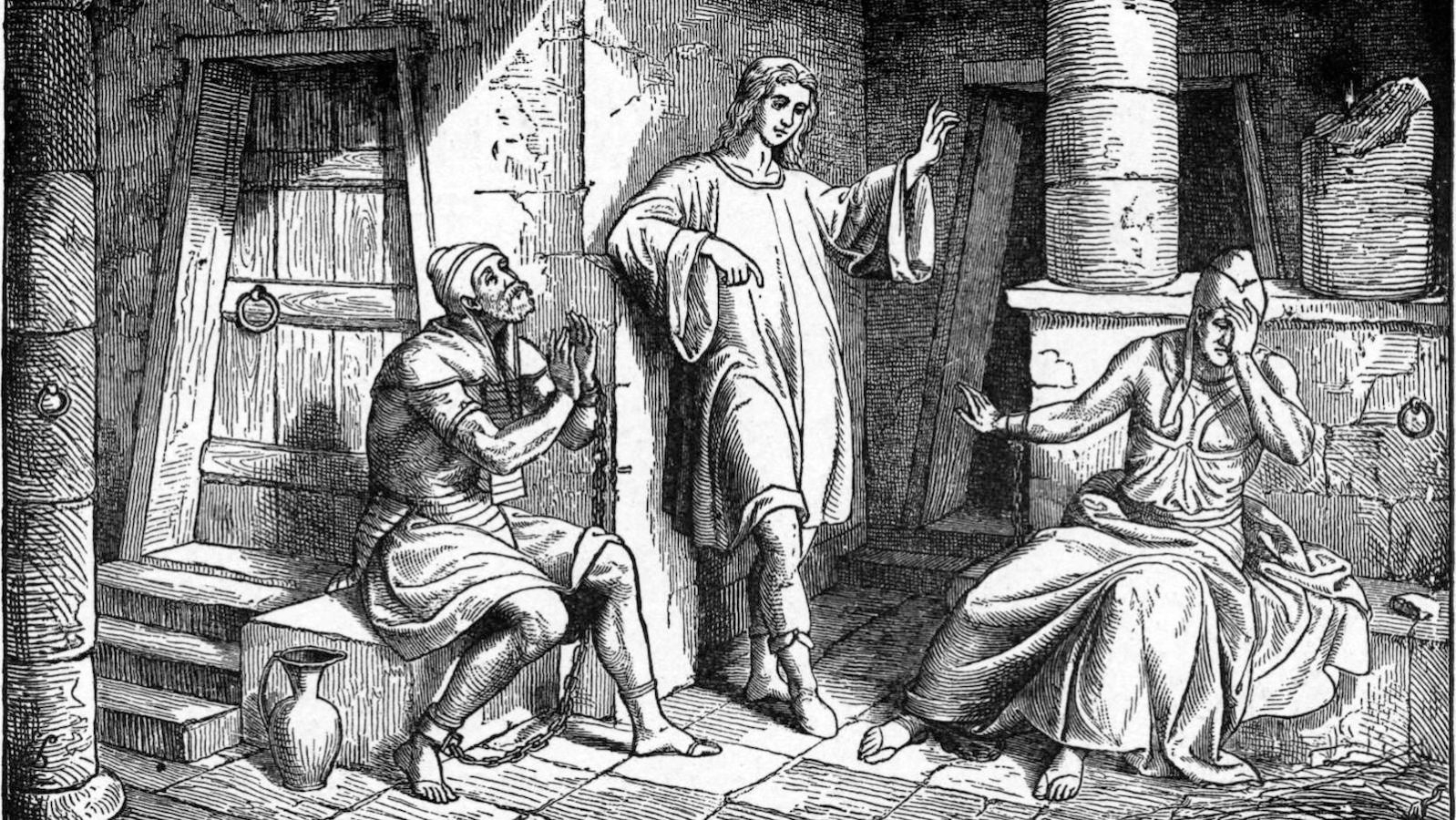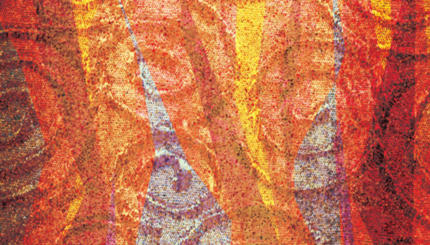Commentary on Parashat Vayeshev, Genesis 37:1-40:23
In the development of Joseph’s character and the events of his life, the Torah portrays a bittersweet lesson about the loneliness of pride. On the surface, there is no reason for Joseph to be lonely. He is, after all, the favorite child of his father, surrounded by 11 brothers, in the midst of a bustling and energetic family.
Joseph has the potential to fill his life with friendship, family and love. Yet his need to be preeminent, his need to belittle the gifts and experiences of this family in order to glorify his own talents, isolate him from his own kin. We get a clue about the extent of Joseph’s pride from the very start.
Still Young
The Torah tells us that “Joseph, being seventeen years old, was still a lad.” The Rabbis of Bereshit Rabbah, the ancient midrash on the Book of Genesis, struggle with that sentence. After all, if he is seventeen, he is no longer a mere lad! They suggest that the Torah is telling us that “he behaved like a boy, penciling his eyes, curling his hair and lifting his heel.”
Like many people today, Joseph thinks he must invent a false and glamorous image in order to show his worth to himself and the world. As if that weren’t sufficiently pitiful, he also feels compelled to put others down in order to be noticed and appreciated.
With your help, My Jewish Learning can provide endless opportunities for learning, connection and discovery.
His desire to be better than everyone else expresses itself even in his dreams. Twice, Joseph dreams about his family bowing down before him. And twice he tells his family about his visions of his own superiority. The brothers, hurt and enraged by their sibling’s arrogance, sell Joseph into slavery.
Learning to Sympathize
Joseph experiences the depths of despair as an Egyptian slave and as a prisoner in an Egyptian jail. In that prison, Joseph learns how to sympathize. He learns that prisoners at the bottom are still human beings, and that one can excel without having to minimize the talents or interests of other people. In prison, Joseph accepts a basic principle of Jewish living: kol Yisrael areivim zeh ba-zeh — all of us are responsible for each other.
In prison, Joseph shows an interest in the dreams of a deposed butler and baker, and in caring for such “lowly people,” he in fact plants the seeds of his own restoration and future glory. Joseph learns that his own talent can thrive best with other people’s well being.
Far from being a threat, the happiness of acquaintances, friends, and relatives form a supportive environment in which each of us can blossom. Arrogance isolates, not skill. Ruthlessness, not drive, leads to loneliness. By living in a community, we can support each other to be the best that we can be. And in that way, we all serve to hasten the rule of God on earth.
Provided by the Ziegler School of Rabbinic Studies, which ordains Conservative rabbis at the American Jewish University.
Torah
Pronunced: TORE-uh, Origin: Hebrew, the Five Books of Moses.



